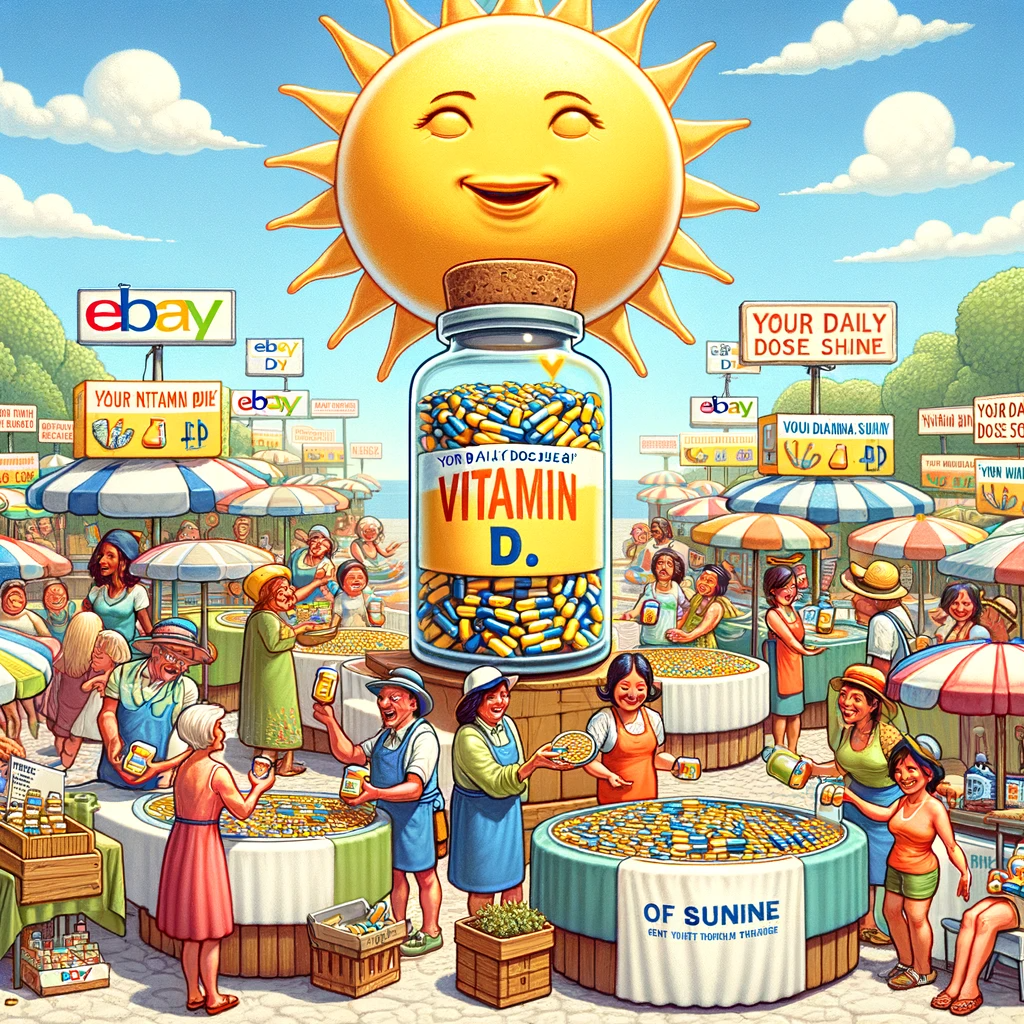Recreational Activities
Recreational activities encompass a wide range of activities that provide enjoyment, relaxation, and diversion from daily routines, including sports, hobbies, and various forms of entertainment. Engaging in recreational activities can have multifaceted benefits, positively impacting physical, mental, and social health. Physical activities, such as sports or outdoor pursuits, can foster physical health, aiding in the maintenance of healthy weight, enhancing cardiovascular health, and bolstering overall fitness and mobility.
In addition to the physical benefits, recreational activities also play a vital role in mental health, offering a means of stress relief, providing opportunities for social interaction, and enhancing mood and overall well-being. Whether it’s a solitary activity like painting or a group endeavor like team sports, recreational activities serve as an avenue for self-expression, creativity, and social connectivity, which are pivotal for emotional and social health.
Ensuring accessibility to diverse recreational activities for populations across age groups and abilities is paramount to foster inclusive well-being. Community initiatives, policies, and programs that prioritize and facilitate access to recreational resources, spaces, and activities can significantly contribute to widespread health and wellness by providing accessible means of enhancing physical, mental, and social health through recreation.
Engagement in outdoor recreational activities might involve exposure to sunlight, which can foster the synthesis of Vitamin D, a nutrient essential for bone health, immune function, and potentially, mental health. Especially in settings where natural sunlight exposure is limited, due to geographical or seasonal factors, ensuring adequate Vitamin D through other means, such as diet or supplementation, might be pivotal.
Recreational Activities Read More »







